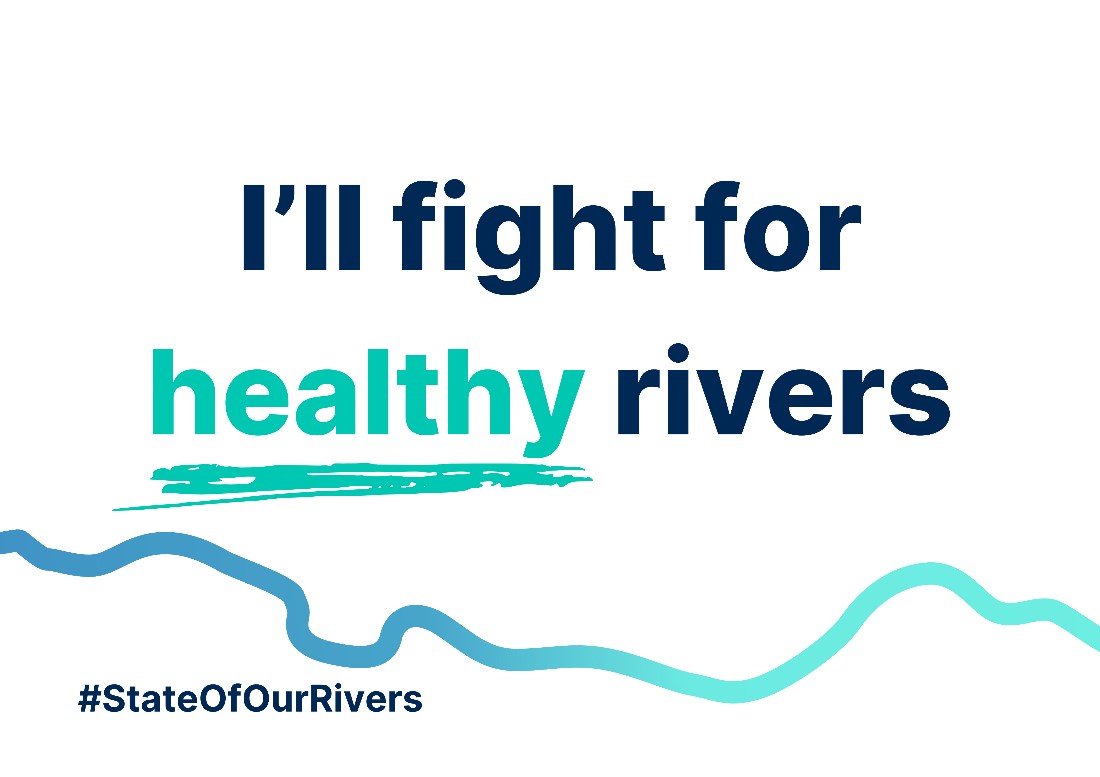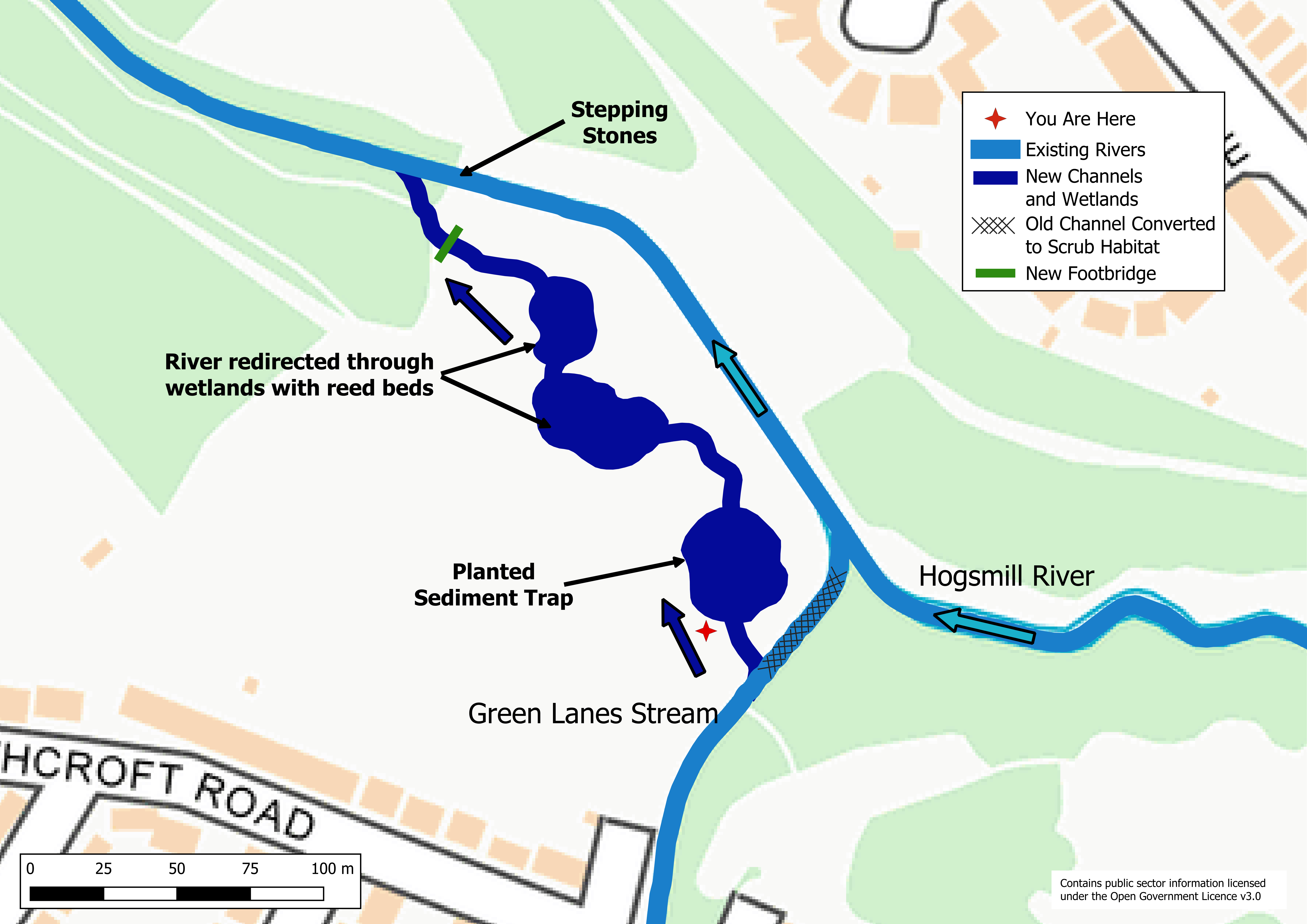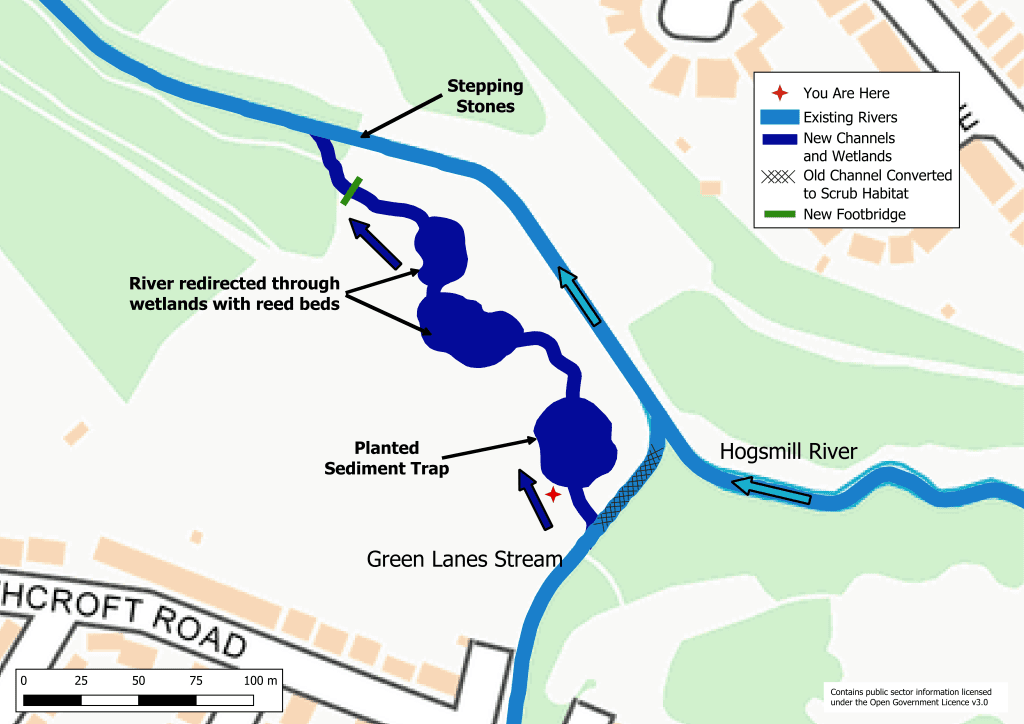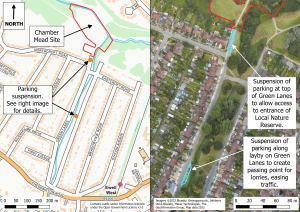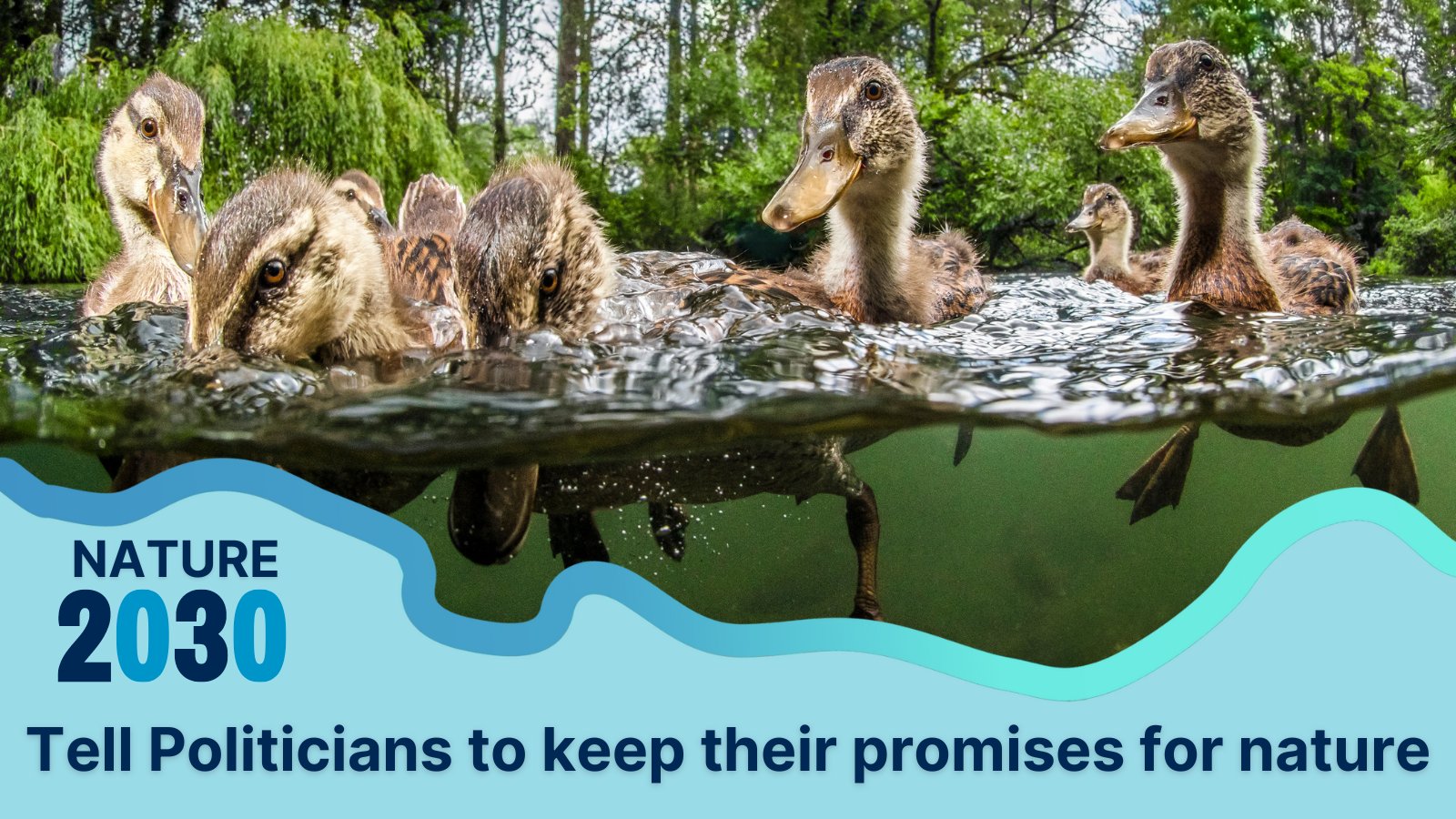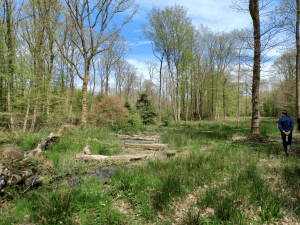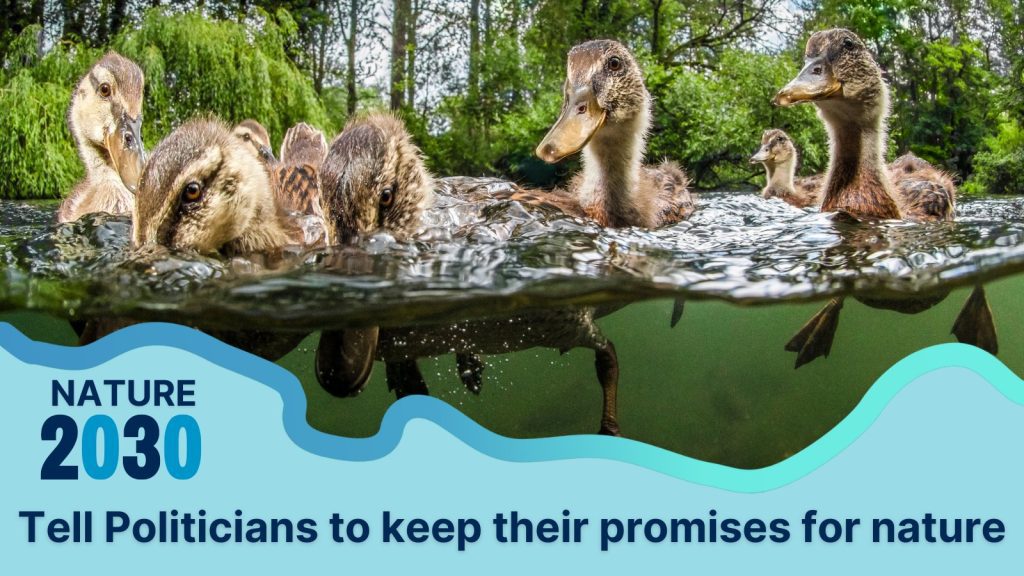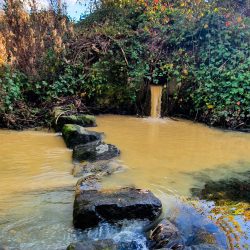
Brace yourselves: 0% of England’s rivers are in good overall health. A truly shocking fact for a habitat that’s so vital to all of us.
This and other alarming statistics come from the Rivers Trust’s 2024 State Of Our Rivers Report, which has been launched today (Monday 26th February).
Combining data, insightful maps, and illuminating case studies, the report dives into the data and evidence, offering us an insight into just how our rivers in the UK and Ireland are doing.
The data is clear:
- No single stretch of river in England is in good overall health
- Just 15% of English river stretches reach good ecological health standards
- Toxic chemicals that remain in our ecosystems for decades pollute every stretch of English rivers
Healthy rivers can be a powerful ally in mitigating the effects of climate change, being able to protect communities from flood and drought, the report emphasises. They support a wealth of biodiversity. They also benefit our physical and mental well-being and are a fantastic way for us to reconnect with nature.
However, these vital ecosystems are plagued by sewage, chemical, nutrient and plastic pollution. They have been heavily modified, so they don’t function as naturally as they should.
All this means that our aquatic wildlife, from plants to fish, is having to work harder to survive – and that rivers can be unpleasant places to visit or to use for recreation.
So, what can you do? Here’s five actions you can take
1 Write to your MP to demand meaningful action
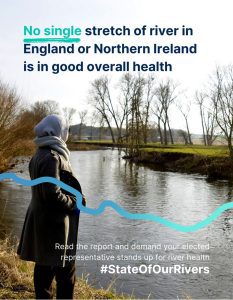
If you are shocked by the state of our rivers, write to your MP to demand change.
Tell them that restoring rivers is climate action, supports wildlife and protects communities.
The report allows you to search for your local stretch of river and use its stats and maps on sewage, barriers in rivers and chemicals to arm yourself with facts before contacting your MP.
You can contact your MP via the Rivers Trust’s portal – and add your own words to the template.
Ask your elected representative what they are doing about river health. We want you to demand better Government action for our rivers, through better water quality monitoring, investment in infrastructure for sewage treatment and better funding for Nature-based Solutions.
To help you when you write, we have compiled a State Of Our Rivers Catchment Crib Sheet with a basic comparison of Water Framework Directive ratings for our catchments between 2019 and 2022.
We would also encourage you to speak up for some of our recent work (below) and show how it is making a real difference to rivers.
For example:
-
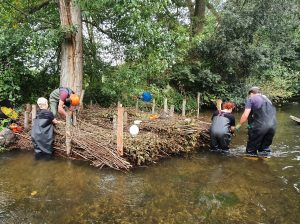
Volunteers plant up berms at Morden Hall Park in September 2023 Nature-based solutions such as leaky woody dams are holding water longer in the landscape of the Beult area of the River Medway. This increases biodiversity and helps nature thrive, as well as slows water flow into the main river, where it is abstracted for human use. As those who went on our Nature-based Safari concluded: We need to make more of this happen on a wider scale.
- Deflectors and planted berms extending parts of the bank have re-wiggled a straight section of the River Wandle in Morden Hall Park (pictured). This works wonders for wildlife, varying the flow of the water and giving fish and invertebrates places of refuge and areas to breed.
- New wetlands constructed at Chamber Mead have brought fresh hope to the Hogsmill. They divert pollution which will help protect 5km of precious chalk stream.
- Our Holistic Water for Horticulture project works with growers towards a 2030 target that 50% of the UK’s fresh food is sourced from areas with sustainable water management. The south east is an area already classed as water-stressed and this is an issue that affects our food security.
- We’re also working to put rivers at the heart of landowner thinking as part of the Darent Landscape Recovery Project, a Government-funded pilot.
2 Shout out for your local river on social media
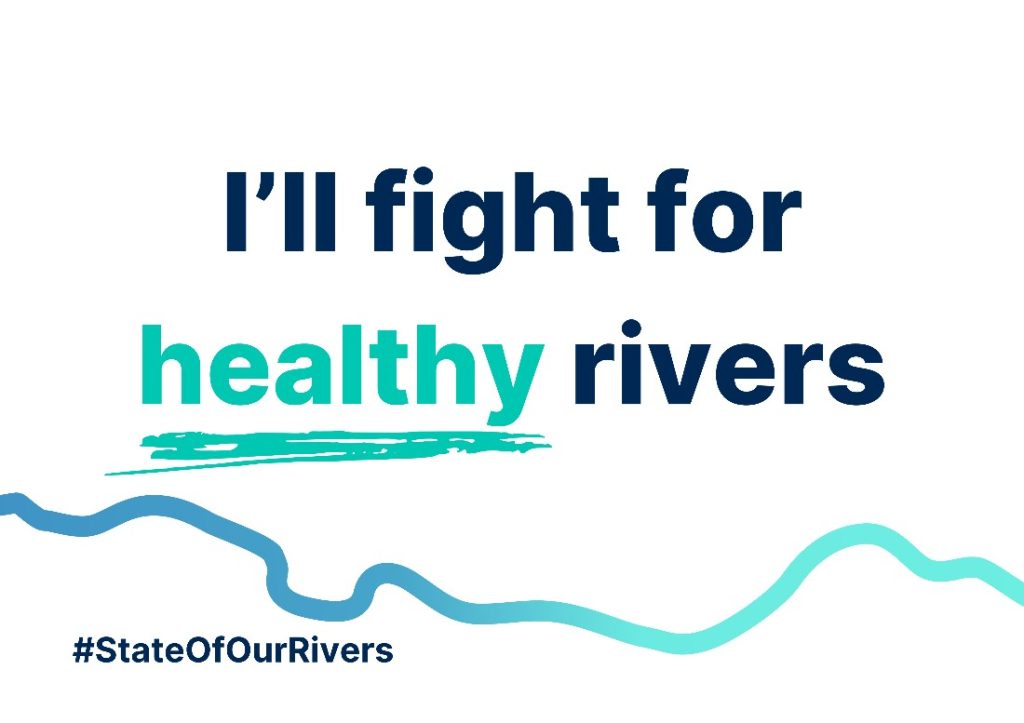
What’s your local stretch of river? How do you use it and how does it affect your mood? Perhaps you visit it for pleasure with your dog on a daily walk, or use it for recreation such as rowing, canoeing or swimming.
However you care about your local river and interact with it, we want you to tell us online. Once you have found out about the condition of your local river via the State of Our Rivers report, make a noise about it!
Report what you see – for good or bad – whether that’s young fish thriving and wildlife flourishing, or plastic pollution and sewage outfall spills.
Use the hashtag #StateofOurRivers and find us on X (formerly Twitter), Facebook and Instagram. Why not tag the elected representative you have emailed, too? You can also tag @TheRiversTrust on all channels.
3 Sign up to be an Everyday River Hero
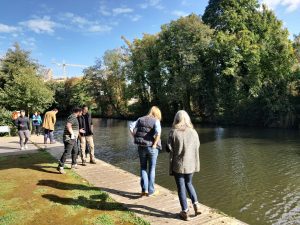
Whether you are a seasoned, long-term river user or you’ve been caught up in the increasing wave of publicity around sewage and other river issues, we want you to become an Everyday River Hero.
It might be hard to believe given our wet winter, but the south east of England actually receives less annual rainfall than the south of France. We face a real threat of not being able to meet supply by 2050, because of a growing population and climate change.
Launched in January, our 10-week email programme will tell you why rivers are essential for our daily lives and how to care for and protect wildlife, when you are exploring the great outdoors or at home. How – and how much – water you use in your bathroom and kitchen, as well as your garden can be as vital for rivers and the wildlife that thrives in them as the flea treatments you use on your dogs.
Read more and sign up on our campaign webpage.
4 Volunteer with us to improve rivers!
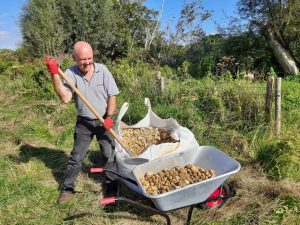
We always get a huge thrill when we can involve volunteers directly in work to help rivers thrive. There is nothing like enabling communities to take action for the stretch of water they love.
- Help install gravel on the River Blackwater in Aldershot. Join us to improve this stretch of the River Loddon for fish and invertebrates on any of four days, from March 12th to 15th.
- Sign up for Outfall Safari training on the Beverley Brook, on 20th. Join us and the Zoological Society of London to learn to spot and report misconnected plumbing that is polluting rivers. The results will help trace appliances such as washing machines that have been connected to the wrong pipes when they were installed.
To book, visit our events page – and bookmark it for subsequent volunteering opportunities during 2024.
5 Book our education sessions for your school or youth group
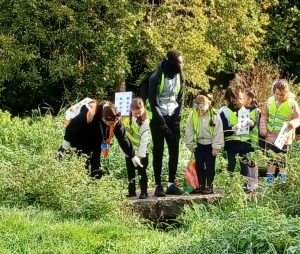
Educating our youngest citizens is a core part of our work on the Beverley Brook, Hogsmill and Wandle rivers, where we hold sessions for Key Stage 1 and 2, in schools and along rivers. Our sessions are available for youth groups, too, so inspire them to cherish their local waterway by booking a session.
We also run school sessions on the River Mole, under the Our River Our Water programme.
If you are a parent or teacher, read our education page for full details and encourage your school community to get in touch!
As one teacher said about our curriculum linked sessions: “They fit exactly with what we have been learning and the children enjoyed all the activities.”

